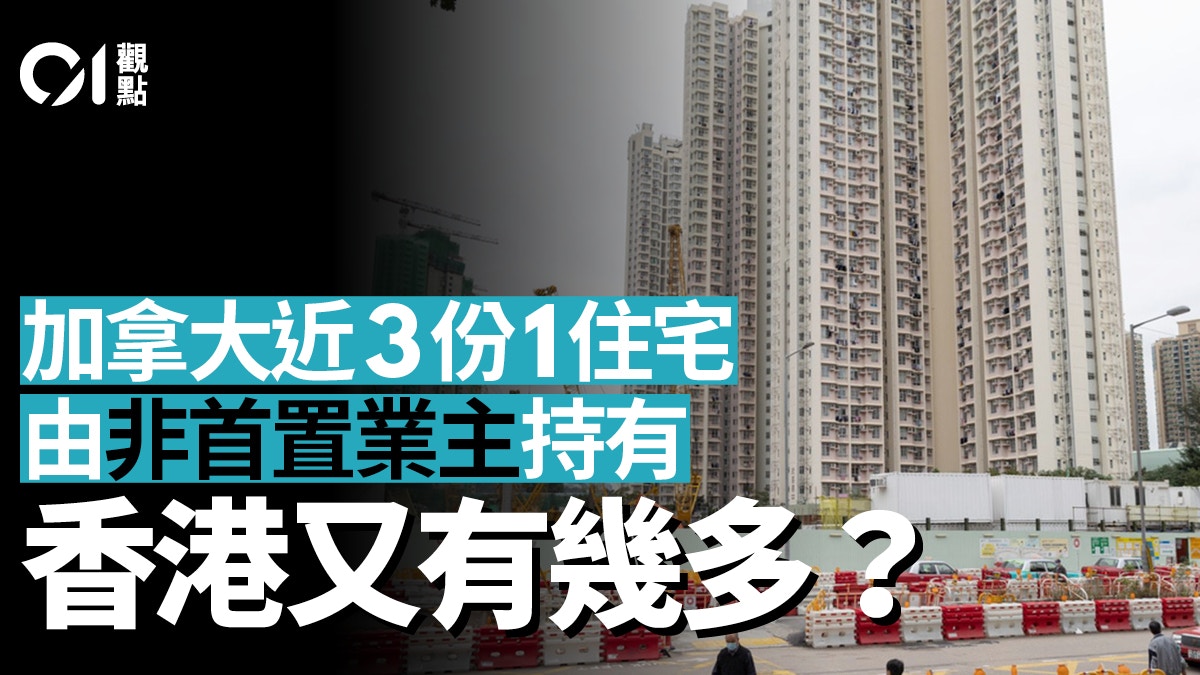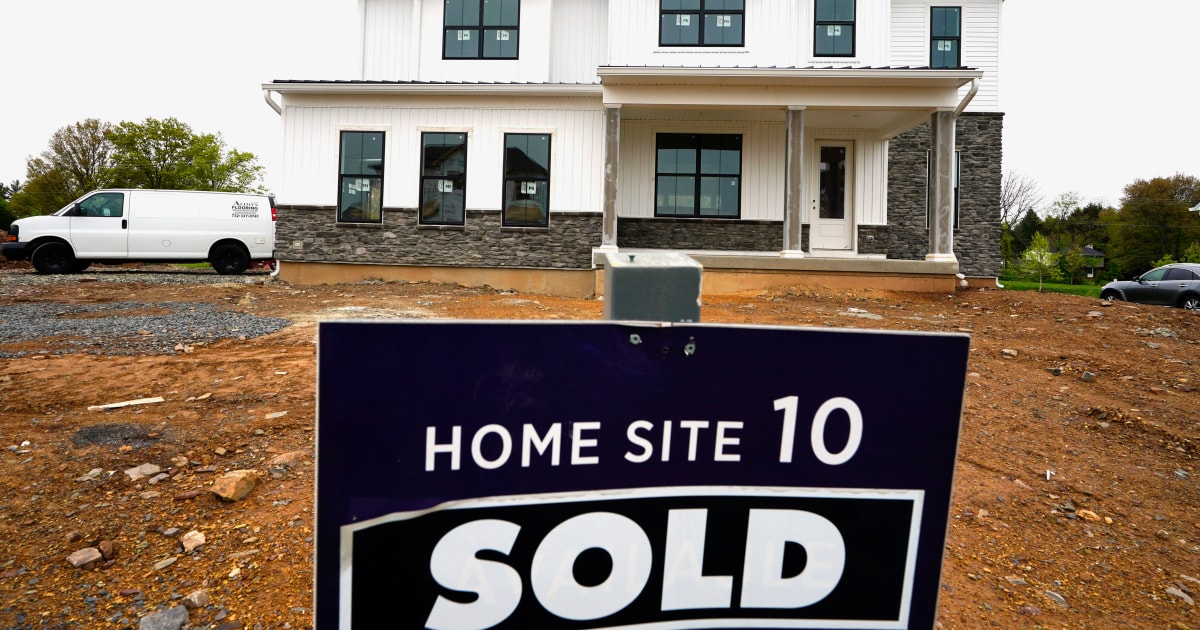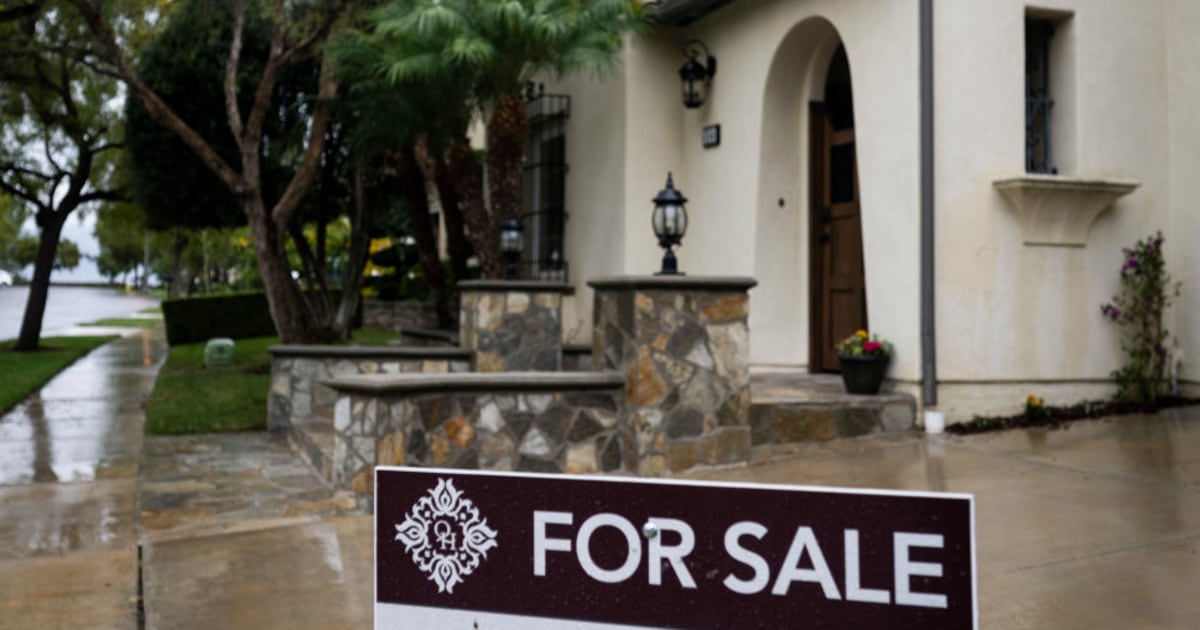Following Canada's announcement last week of a budget banning foreign investors from buying property for two years, Deputy Prime Minister and Minister of Finance Chrystia Freeland once again criticized the "generational injustice" in the real estate market on Monday (April 11). Intergenerational injustice)” and bluntly stated that he will try his best to speed up housing supply and suppress property price increases, so that the local younger generation can successfully complete their dream of buying a home and build their ideal home.
Homeowners with multiple properties control nearly one-third of residential units, according to the latest figures from the Housing Statistics Program released by Canadian authorities the next day (April 12).
The richest 10% of homeowners own about a quarter of residential property and report more income than the bottom 50% of single-property owners combined.
Although the number of first-home buyers in each province has risen in recent years, the income gap between them and renters is still widening.
These figures reflect the magnitude of housing inequality in the country.
Vancouver enjoys both urban life and natural scenery, attracting people from all over the world to immigrate and invest, driving local housing supply in short supply.
Taxation effectively suppresses property speculation
As early as 2018, British Columbia, where Vancouver is located, has taken active measures to stabilize the housing market and ensure housing affordability, including the introduction of a "speculation and vacancy tax" for residential units in the province.
This tax mainly considers the actual use of the house, but also ignores the first-hand or second-hand nature of the unit concerned.
If the unit is not used for owner-occupation or has not been rented out for more than six months in the same year, the property will be subject to a tax of 0.5% to 2% of the value of the unit.
In line with other similar policies such as the increase in the transaction tax and school tax on luxury properties, the "speculation and vacancy tax" in British Columbia has achieved initial success in curbing the trend of real estate speculation in recent years.
Most of the province's metropolitan areas, including Vancouver, saw a marked decline in repeat buyers, compared with a marked increase in the number of first-home buyers, with the fast-growing southwest Kelowna district seeing more buyers under the age of 35. increase.
Even the federal government's recent decision to ban foreigners from owning homes is just an extension of B.C.'s increase in foreigner home ownership rates.
In fact, when it comes to the number gap between those who own a single and a majority of residential properties, Hong Kong is undoubtedly more serious than Canada.
The Financial Services and the Treasury Bureau's submission to the Legislative Council last month pointed out that the top 100 ratepayers to receive the highest rates concession in 2021-22 collectively hold a whopping 19,400 residential units.
Although Hong Kong government officials are willing to review the rates system, the issues of vacancy tax and capital gains tax, which are the real focus of the problem, are still pending, and it is self-evident which side is more determined than Canada.
The focus is still on increasing the number of houses built
Moreover, in addition to the policy of suppressing speculation, the Canadian federal government budget also plans to invest 10.14 billion Canadian dollars (about 63 billion Hong Kong dollars) in housing, in order to reduce the pace of local housing construction from 200,000 units per year within ten years. Double the speed.
On the other hand, in recent years, the SAR government has repeatedly stated that it will speed up the search for land to build housing, and the society has not been able to see obvious results. However, the average waiting time for public housing has changed from two years to six years in the past ten years.
The waiting time for public housing has been rising.
(file picture)
Of course, it must be admitted that Hong Kong has indeed done better than Canada in some aspects of housing construction.
Ontario Premier Doug Ford, for example, has been a vocal critic of developers' slow-moving approval process for construction permits that has pushed up local property prices.
According to the World Bank's Doing Business 2020 report, Canada, which spends 249 days in this regard, ranks 64th in the world, while Hong Kong, which only needs 69 days, ranks first in the world.
However, as the ancients said, "Seeing the virtuous and thinking together, seeing the virtuous and introspecting is also introspective." Hong Kong certainly needs self-examination on whether it has made the same mistakes when other regions do not do well. We should also humbly learn and learn from others.
In Hong Kong and Canada, which are also facing "intergenerational injustice" in housing, the latter has shown the courage to make profound reforms and solve problems. Should the former also reflect on whether its performance can be improved?
Resolving deep-seated contradictions is the cornerstone of development. Successive chief executives' housing policies are out of focus. To solve problems, the government must do a good job of top-level design to solve housing problems.







